As parents, we all want our children to build healthy habits that last a lifetime. One crucial habit is good dental hygiene. Teaching kids to brush their teeth early on can lead to better oral health and confidence.
Getting kids to brush their teeth regularly can be tough. They may find it boring, struggle with the skill, or just dislike anything dental. But with some creativity and the right approach, you can help them understand and value good oral care. In this blog, we’ll discuss 8 effective ways to teach your kids the importance of brushing their teeth. For expert guidance and support, the best dentists in Noida can provide valuable advice.
Start your child's path to great oral health! Dial +91 9667064100 to book the appointment and celebrate their bright, healthy smile.
8 Tips to Teach Kids the Importance of Brushing Their Teeth
1. Lead by Example
One of the most powerful ways to teach your children about the importance of dental hygiene is to model the behavior yourself. Make a point of brushing your own teeth in front of your kids, narrating the steps and emphasizing why it's so important.
Children are naturally inclined to imitate the actions of their parents and other trusted adults. By consistently demonstrating proper tooth brushing techniques, you'll reinforce the message that this is a vital daily habit.
2. Make It Fun and Interactive
Brushing teeth is not typically the most thrilling activity for young children. To combat this, try to make the experience as fun and engaging as possible. Here are some ideas:
- Choose colorful, kid-friendly toothbrushes and toothpaste flavors that appeal to their senses.
- Play upbeat music or sing songs during brushing to create a lively atmosphere.
- Include interactive elements like allowing your child to select a new toothbrush or decorate a brushing chart.
- Turn tooth brushing into a game by timing it or seeing who can brush the longest.
The goal is to transform tooth brushing from a mundane task into a fun and positive experience.
3. Emphasize the "Why"
Children are naturally curious, so take a moment to explain why brushing their teeth matters. Use simple, age-appropriate language to talk about how teeth help with eating, speaking, and overall health. Discuss the negative effects of poor dental hygiene, such as cavities, gum disease, and bad breath, but also emphasize the benefits of good oral care. A bright, healthy smile and avoiding painful dental procedures are great incentives.
When kids understand the reasons behind brushing, they'll be more motivated to make it a regular habit.
4. Incorporate Oral Health Education
Take the discussion about dental health a step further by incorporating educational elements into your tooth brushing routine. This could include:
- Read books or watch videos that explain teeth and oral hygiene.
- Conduct simple science experiments to show how plaque and bacteria impact teeth.
- Plan field trips to the dentist’s office or arrange for dental hygiene presentations at school.
- Encourage your child to learn about the different types of teeth and their functions.
- Discuss the impact of bad food for teeth and how certain foods can harm dental health.
By making oral health a topic of ongoing exploration and learning, you'll help your kids develop a deeper appreciation for the importance of dental care.
5. Reward your child
Positive reinforcement is highly effective in developing habits, including tooth brushing. When your child brushes their teeth independently or shows improved technique, be sure to offer praise and rewards.
Consider using stickers, small treats, or planning a special activity together. The goal is to link good dental hygiene with positive outcomes, encouraging your child to keep up these habits.
6. Make It a Routine
Consistency is crucial when it comes to establishing any new habit, including tooth brushing. Set a designated time(s) each day when your child will brush their teeth, and stick to that routine religiously.
Whether it's first thing in the morning, right after meals, or before bedtime, having a consistent schedule will help cement tooth brushing as an integral part of your child's daily life. You can also tie it to other routines, like getting dressed or taking a bath, to further reinforce the habit.
7. Involve Your Child in the Process
Rather than simply dictating the tooth brushing process, engage your child as an active participant. Allow them to:
- Choose their own toothbrush and toothpaste
- Time themselves to ensure they're brushing for the recommended 2 minutes
- Inspect their teeth in the mirror and point out areas that need more attention
- Let them teach a stuffed animal or doll how to brush their teeth
By giving your child a sense of ownership over the tooth brushing experience, you'll foster a greater sense of responsibility and investment in the habit.
8. Celebrate Milestones and Progress
As your child improves their tooth brushing skills and habits, celebrate their achievements. Consider:
- Tracking their progress on a brushing chart or calendar
- Taking "before" and "after" photos to showcase improvements
- Rewarding consistent brushing with a special outing or treat
- Celebrating their accomplishments with family or loved ones
Recognizing and rewarding their efforts will keep them motivated and excited about maintaining good oral health.
Meet the Top Dental Consultants for Your Child
Dr. Aditi Narad, BDS, MDS in Conservative Dentistry & Endodontics, has over 10 years of experience specializing in pediatric dental care. She excels in treating children's dental issues, including endodontic treatments, restorative procedures, and aesthetic treatments.
Dr. Shinja Dixit, MDS, BDS, is an oral and maxillofacial surgeon with over 9 years of experience. She specializes in complex extractions, impactions, and dental implants, providing expert care for pediatric dental health issues. Dr. Dixit excels in diagnosing and treating conditions requiring maxillofacial surgery and stays updated with the latest advancements in her field.
Conclusion
Instilling the importance of tooth brushing in your children is a crucial part of setting them up for a lifetime of good oral hygiene and overall well-being. By employing strategies like modeling the behavior, making it fun, emphasizing the "why," and providing positive reinforcement, you can transform this essential daily task into a habit your kids will embrace. Remember, developing strong dental habits takes time and consistency. Be patient, stay encouraging, and celebrate every step of progress along the way. For professional guidance and care, consider visiting the best dental hospital in Noida. With your support and their expert help, your children will grow to understand and appreciate the value of brushing their teeth—a gift that will serve them well throughout their lives.
Celebrate your child's dental wins with a fun checkup! Call +91 9667064100 to book their appointment today!
Frequently Asked Questions
1) How to keep children's teeth healthy?
Ans. Ensure children brush twice daily with fluoride toothpaste and floss regularly. Limit sugary snacks and drinks, and encourage a balanced diet rich in fruits, vegetables, and whole grains. Regular dental check-ups and cleanings also play a crucial role in maintaining healthy teeth.
2) What causes weak teeth in kids?
Ans. Weak teeth in kids can be caused by poor dental hygiene, excessive consumption of sugary foods and drinks, or inadequate fluoride intake. Genetic factors, enamel defects, and certain medical conditions can also contribute to weaker teeth.
3) How to repair teeth enamel?
Ans. Teeth enamel can be repaired by using fluoride treatments, which help to remineralize and strengthen enamel. Consuming foods rich in calcium and phosphates, and avoiding acidic or sugary foods, also aids in enamel repair. Regular dental check-ups are essential for ongoing care.
4) Does milk strengthen teeth?
Ans. Yes, milk can help strengthen teeth due to its high calcium and phosphorus content, which are crucial for building and maintaining strong enamel. Milk also provides vitamin D, which aids in calcium absorption, contributing to overall dental health.
5) Which foods should kids avoid to maintain good oral health?
Ans. Kids should avoid sugary snacks and beverages, such as candies, sodas, and cookies, as these can lead to cavities and tooth decay. Sticky foods like gummy candies and dried fruits can also cling to teeth and promote plaque buildup. Opt for healthier snacks like fruits, vegetables, and whole grains instead.
6) What is the best vitamin for teeth?
Ans. Vitamin D is one of the best vitamins for teeth as it helps with calcium absorption, which is essential for strong teeth and bones. Vitamin C is also important for gum health and preventing gum disease.
7) How to make teeth strong naturally?
Ans. To naturally strengthen teeth, maintain a diet rich in calcium, phosphorus, and vitamins A, C, and D. Practice good oral hygiene by brushing and flossing regularly, and avoid sugary and acidic foods. Drinking plenty of water and chewing sugar-free gum can also support dental health.
 WhatsApp
WhatsApp
 info@felixhospital.com
info@felixhospital.com +(91) 9667064100
+(91) 9667064100 WhatsApp
WhatsApp

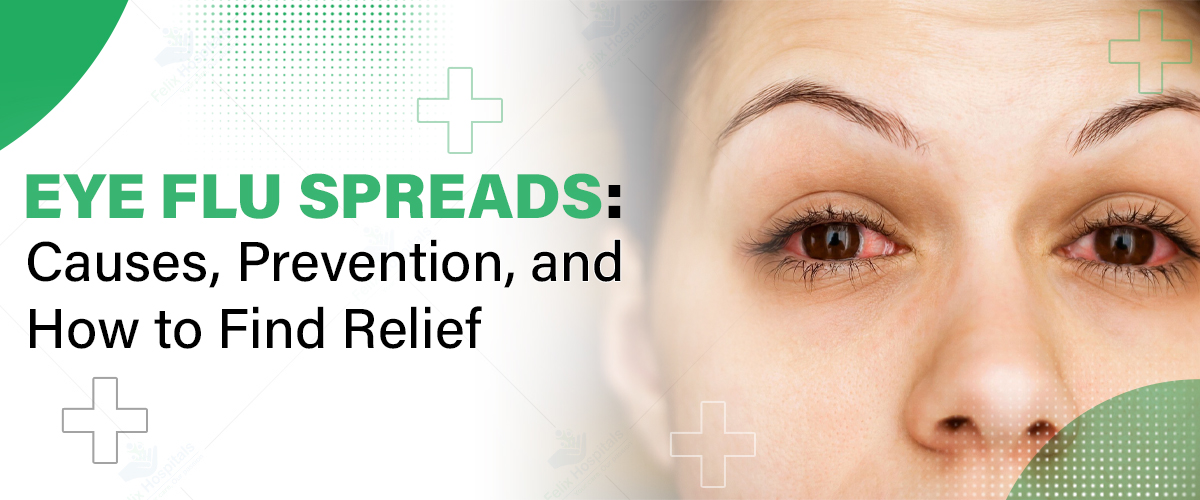


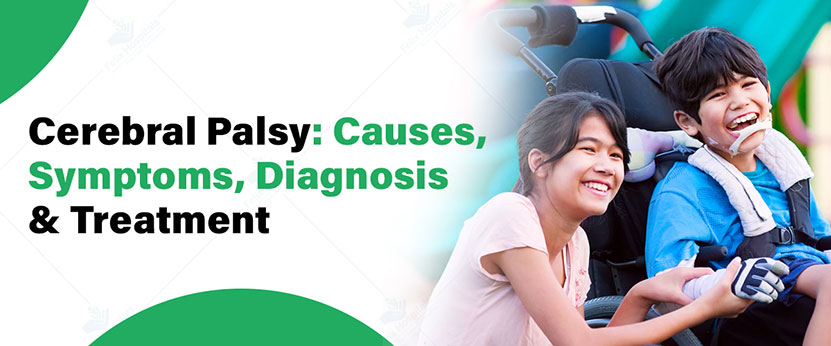



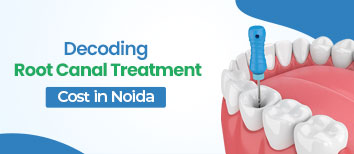
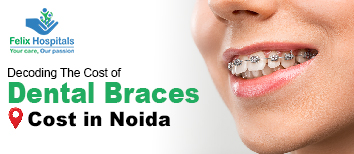



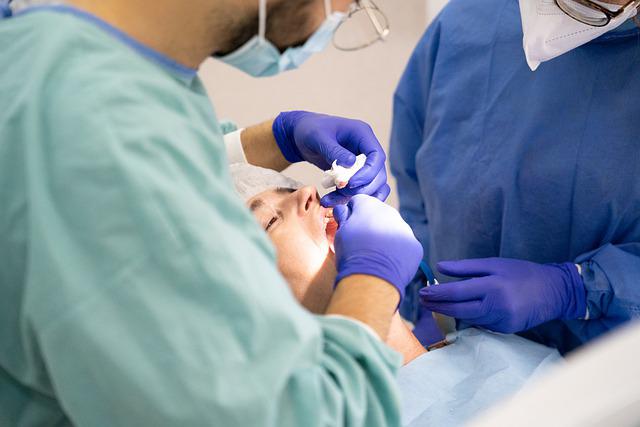
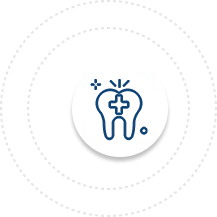







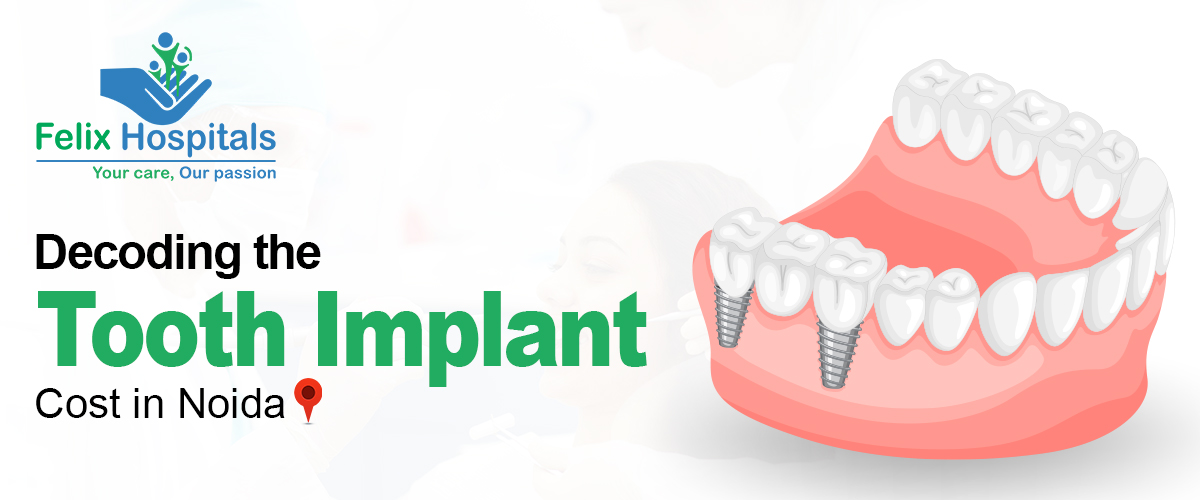










 Emergency : +(91)9667064100
Emergency : +(91)9667064100